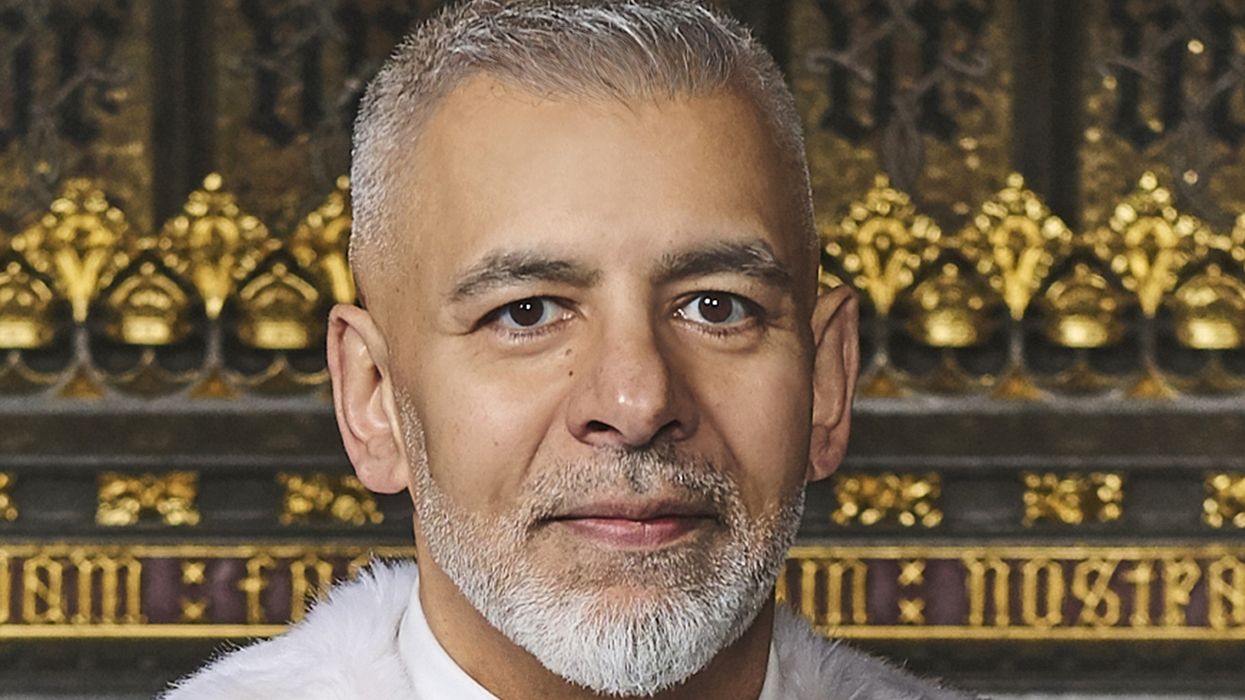THE UK has experienced a significant blow to its national morale, plummeting to 23rd place in the World Happiness Report for 2025 – its lowest ranking ever – despite being the world’s sixth richest nation.
Released to mark the UN’s International Day of Happiness last Thursday (20), the report provided a nuanced exploration of national contentment that extends far beyond economic measurements.
Finland continues to shine as the world’s happiest country for an eighth consecutive year, with Nordic nations dominating the top rankings.
Denmark, Iceland, and Sweden occupy the second, third, and fourth positions respectively, showcasing the region’s consistent approach to social welfare and quality of life.
Experts said the UK’s dramatic drop reflects growing concerns about the national quality of life and economic uncertainty. This decline comes amid broader trends of social isolation and economic pressures impacting developed nations’ overall sense of wellbeing.
Pakistan was a relative bright spot in south Asia rankings, in 109th place out of 147 surveyed countries. The regional happiness hierarchy showed Nepal performing best at 91st place, followed by Pakistan, while India was ranked 118th, Sri Lanka 133rd, and Bangladesh at 134th.
India is far below its neighbours Nepal, Bangladesh, and China. The drop is linked to growing mental health concerns, exacerbated by the challenges of the Covid-19 pandemic and increasing economic pressures.
Researchers discovered that strangers are nearly twice as kind as people typically perceive them to be. Moreover, sharing meals demonstrated a strong correlation with individual wellbeing, even as the number of people dining alone in the US has increased by 53 per cent over two decades.
Loneliness was also mentioned in the report, especially among young people.
In 2023, 19 per cent of young adults worldwide reported having no one they could count on for social support – a significant 39 per cent increase compared to 2006. This isolation appears to be having broader societal implications, potentially influencing political attitudes and social cohesion.
Costa Rica and Mexico made their first appearance in the top ten, demonstrating that happiness is not solely determined by economic wealth, but by complex social and cultural factors.
The report also highlighted intriguing political dimensions, noting that declining life satisfaction is driving an increase in anti-system political votes. Interestingly, individuals with low trust tend to be attracted to far-right political movements, while those with high trust gravitate towards farleft ideologies.
Afghanistan remains the unhappiest country in the world, with ongoing humanitarian challenges significantly impacting national wellbeing. The report reflected how political instability, and economic hardship can undermine a population’s sense of happiness and security.
Researchers stressed that the happiness index goes beyond traditional economic indicators. The rankings consider factors such as GDP per capita, social support, healthy life expectancy, freedom to make life choices, generosity, and perceptions of corruption.






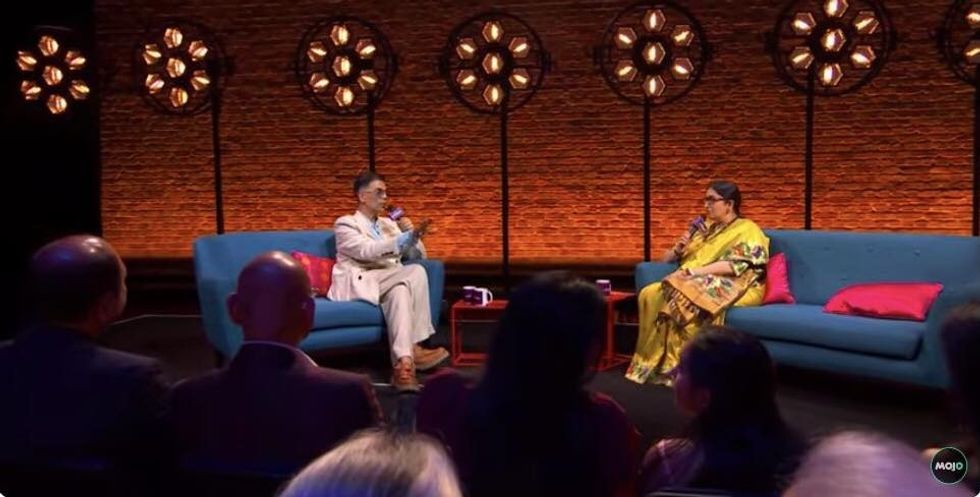 Karan Johar and Smriti Irani
Karan Johar and Smriti Irani









 The latest edition of the publication
The latest edition of the publication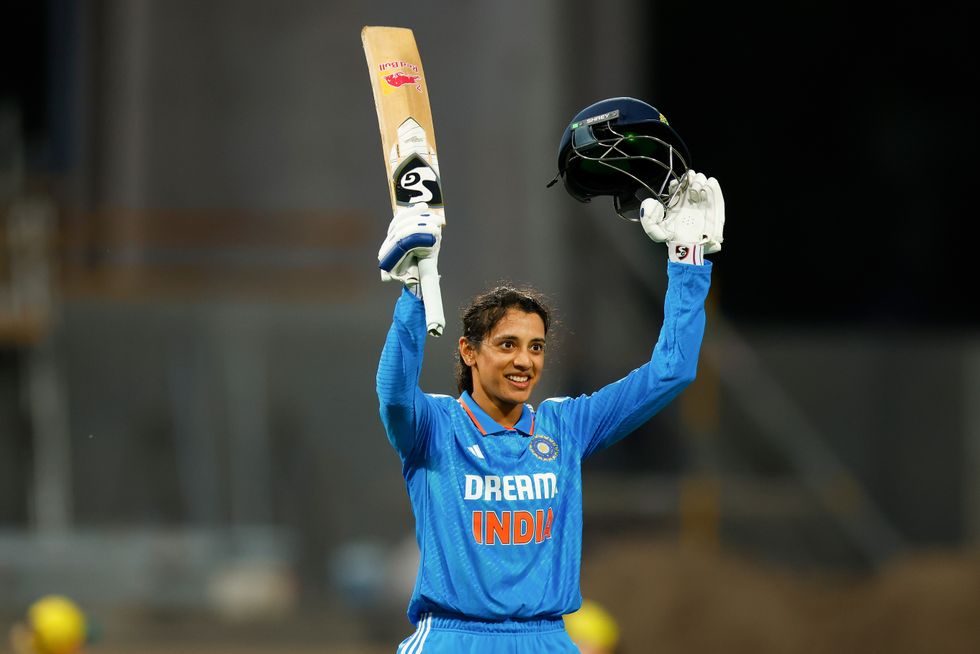 Smriti Mandhana
Smriti Mandhana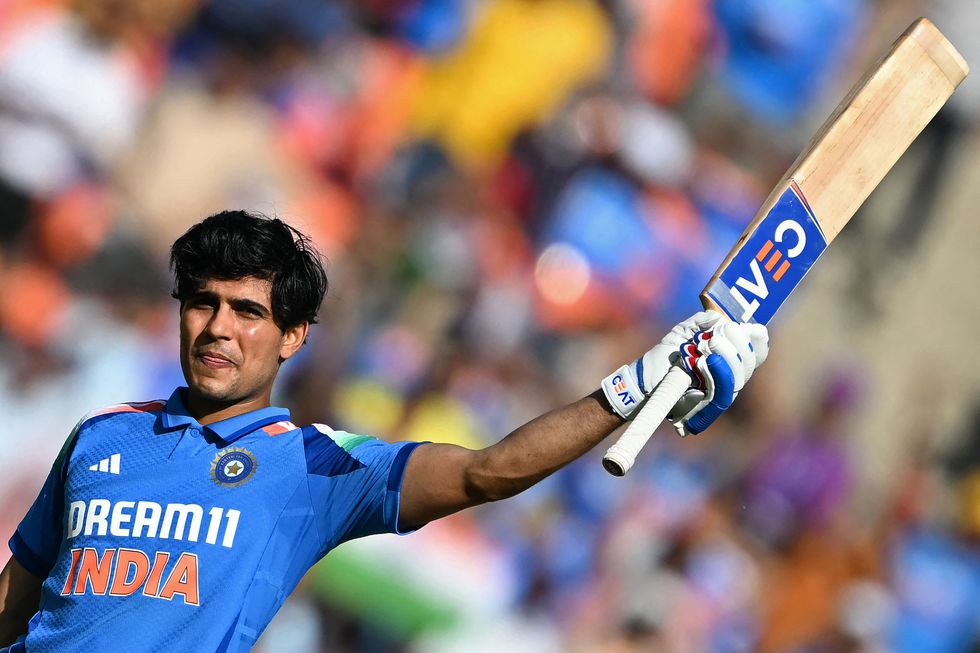 India’s new Test captain Shubman Gill
India’s new Test captain Shubman Gill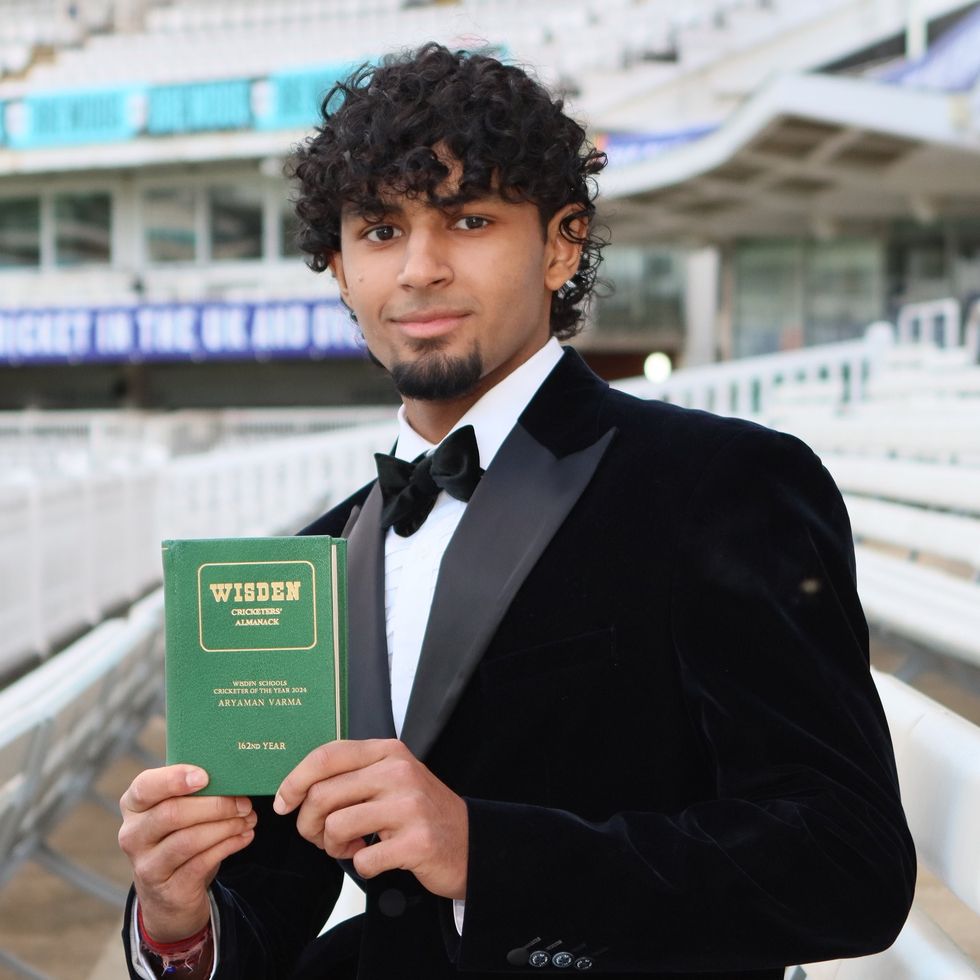 Aryaman Varma
Aryaman Varma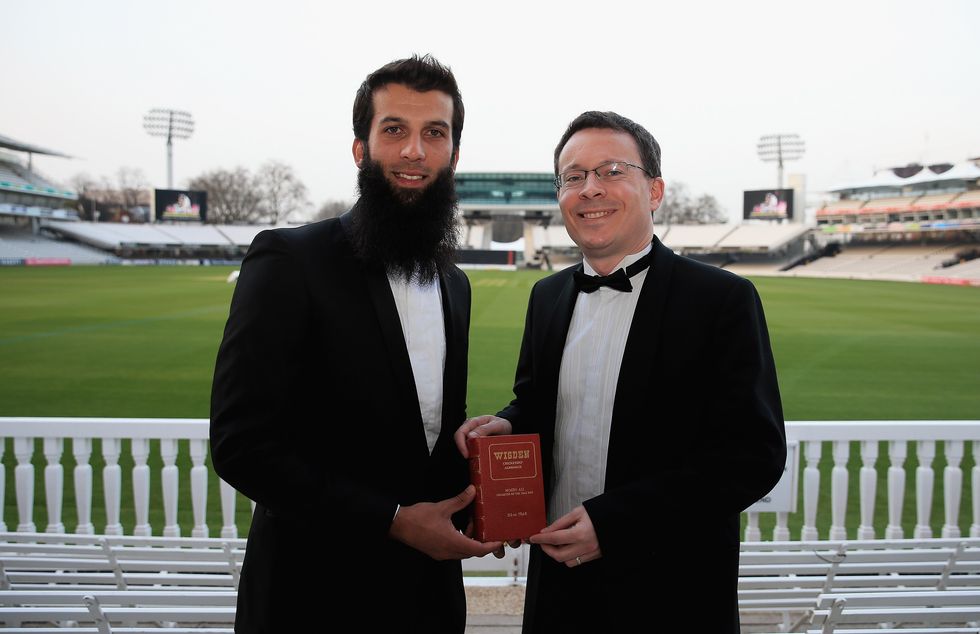 Lawrence Booth presents England’s Moeen Ali with a copy of the Wisden Cricketers’ Almanack 2015 after Ali was named one of five ‘cricketers of the year 2014’ at Lords cricket ground in London on April 8, 2015
Lawrence Booth presents England’s Moeen Ali with a copy of the Wisden Cricketers’ Almanack 2015 after Ali was named one of five ‘cricketers of the year 2014’ at Lords cricket ground in London on April 8, 2015

 The beautiful village of Blatten in the Swiss AlpsGetty Images
The beautiful village of Blatten in the Swiss AlpsGetty Images The landslide that buried almost half of Blatten villageReuters
The landslide that buried almost half of Blatten villageReuters